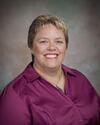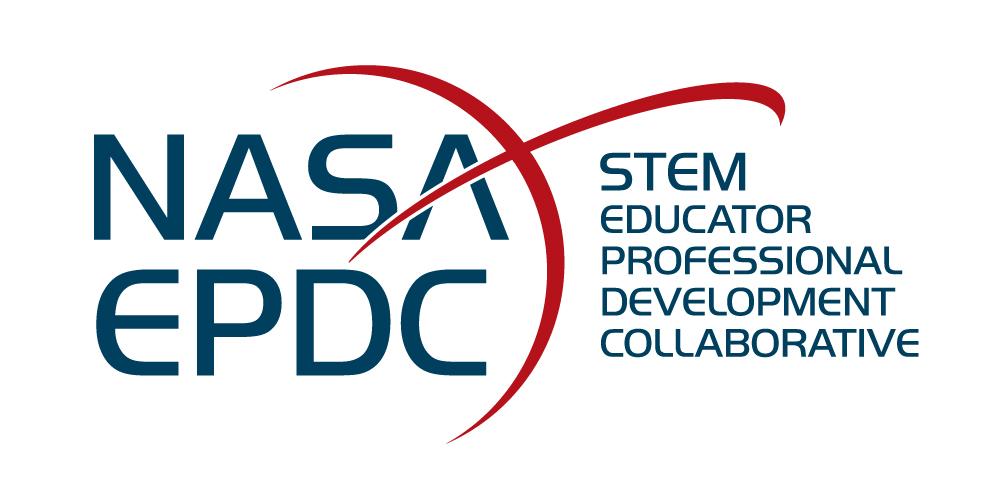Earth Sense - Remote Sensing at NASA: Water Filtration
Wednesday 12/06/2017
6:30 pm ET (3:30 pm PT)
FREE 1-hour Webinar
Educators in Grades K-12
The NASA Educator Professional Development Collaborative at
Texas State University is providing a 1-hour webinar.
NASA Educator Professional Development is presenting a free 60-minute webinar for educators. Using observation data from NASA’s fleet of satellites and its airborne science missions, researchers address some of the critical challenges facing our planet today and in the future: climate change, sea-level rise, freshwater resources and extreme weather events. Come learn about the Environmental Control and Life Support System (ECLSS) onboard the International Space Station that reclaims waste water from crewmember’s urine, cabin condensation and Extra Vehicular Activity waste. Learn about hands-on experiments and physical demonstrations that can be used within the classroom to create, build, and test a water filtration device using commonly available materials. This activity aligns to NASA Education Performance Goal 2.4.2: Continue to support STEM educators through the delivery of NASA education content and engagement in educator professional development.
This educational activity aligns to NASA Education API 2.4.2 - Continue to support STEM educators through the delivery of NASA education content and engagement in educator professional development opportunities.
 |
Barbara Buckner is a 20-year STEM classroom teacher with a Doctorate’s Degree in Mathematics Education from the University of Louisville. Her research interest included the impact of technology on student achievement and teacher behavior. Buckner recently served as a 2013-14 Einstein Fellow at the National Science Foundation Education and Human Resources Directorate under the supervision of Dr. Joan Ferrini-Mundy where she collaborated with colleagues on learning, learning environments, boarding participating and workforce development.Barbara sees education as her calling and has spent her life sharing her love for learning with everyone around her. Knowing that today’s student will compete in a global economy, Barbara says that “It is imperative that today’s students are prepared with consistent rigorous and relevant standards that produce more STEM majors, particularly women, to keep this great nation at the forefront in technology, innovation, and advancement.” | | |
|






